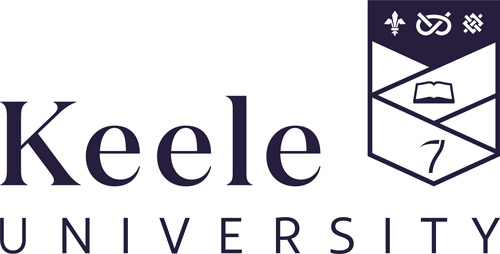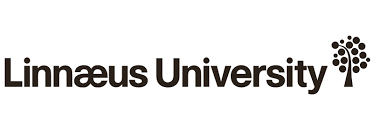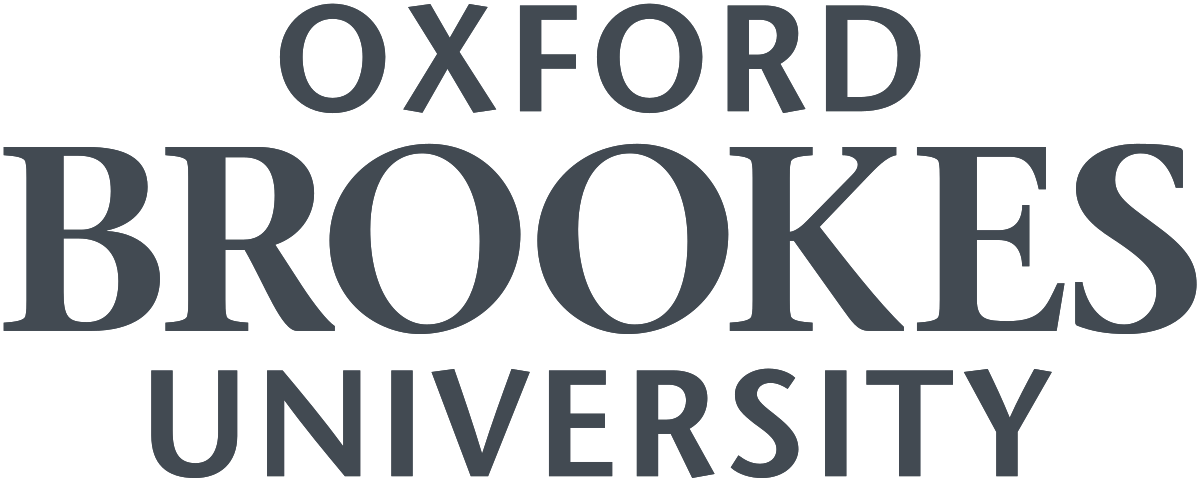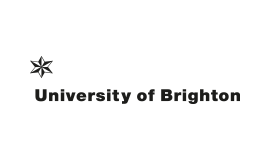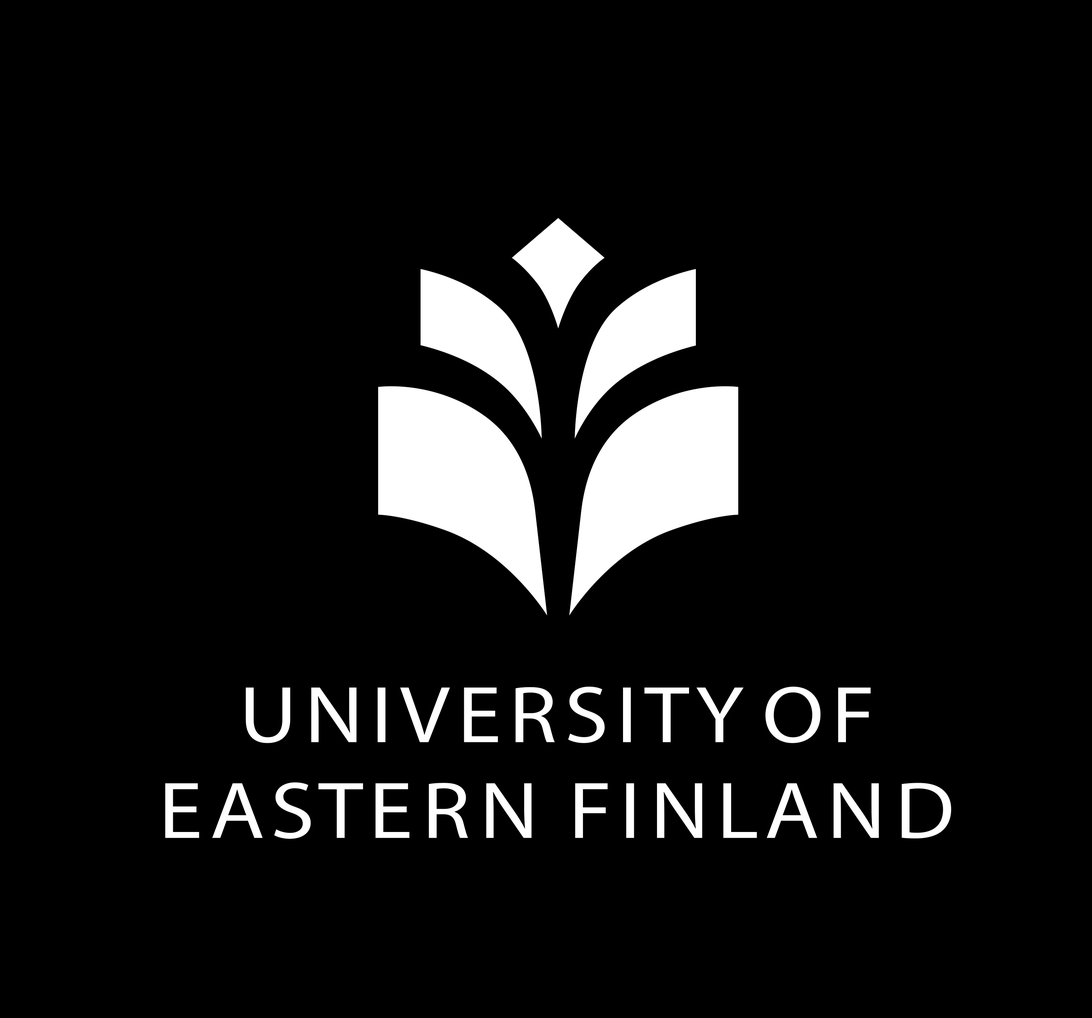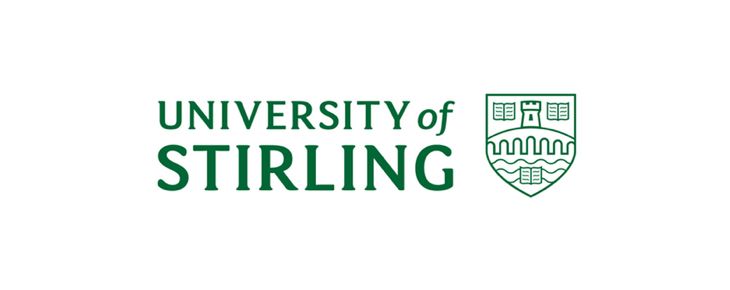Exploring Humanities: Your Gateway to Global Understanding
Are you passionate about literature, history, philosophy, or the arts? Studying Humanities abroad opens doors to a world of intellectual exploration and cultural immersion. For Indian students, pursuing Humanities overseas is an enriching journey that blends ancient wisdom with modern perspectives, fostering critical thinking and global citizenship. This course page guides you through the essentials of Humanities programs, helping you envision your academic adventure.
What is Humanities?
Humanities is an interdisciplinary field that examines human culture, society, and expression through subjects like literature, history, philosophy, languages, religion, and fine arts. Unlike STEM fields, Humanities emphasizes qualitative analysis, empathy, and ethical reasoning, preparing you to navigate complex global issues.
For Indian students, Humanities resonates deeply with our rich heritage—from the epics of Valmiki to the philosophies of Gandhi. Abroad, you'll compare these with Western and Eastern traditions, gaining a broader worldview. Programs often include electives in cultural studies, allowing you to explore topics like postcolonial literature or global ethics.
Why Study Humanities Abroad as an Indian Student?
Studying Humanities internationally offers unparalleled benefits:
- Cultural Immersion: Live in diverse societies, enhancing your understanding of multiculturalism. Indian students often find parallels between their heritage and host countries' histories.
- Global Network: Connect with peers from around the world, building a network for future careers in diplomacy, media, or NGOs.
- Critical Skills Development: Hone analytical, writing, and communication skills valued in today's interconnected world.
- Personal Growth: Challenge your perspectives, boosting confidence and adaptability—key for returning to India's dynamic job market.
- Scholarship Opportunities: Many countries offer funding tailored for international students from developing nations like India.
Post-pandemic, Humanities programs emphasize digital humanities and sustainability, aligning with global challenges like climate ethics and social justice—topics increasingly relevant in India.
Popular Destinations for Humanities Studies
Choosing the right destination depends on your interests, budget, and career goals. Here's a comparison of top spots:
| Country | Top Universities | Key Strengths | Average Tuition (per year, USD) | Visa Ease for Indians |
|---|---|---|---|---|
| USA | Harvard, Yale, NYU | Diverse programs in American literature and philosophy; strong research opportunities | 30,000 - 50,000 | Moderate (F-1 visa) |
| UK | Oxford, Cambridge, UCL | Rich history; focus on European arts and literature; shorter degrees (3 years BA) | 20,000 - 35,000 | Easy (Tier 4 visa) |
| Canada | University of Toronto, UBC | Inclusive environment; emphasis on indigenous studies and multiculturalism | 15,000 - 25,000 | High (study permit) |
| Australia | University of Melbourne, Sydney | Focus on Asian-Pacific cultures; vibrant arts scene | 20,000 - 30,000 | Moderate (subclass 500 visa) |
| Germany | University of Heidelberg, Humboldt | Low-cost or free tuition; strong in philosophy and history | 0 - 5,000 | Easy (student visa) |
India-friendly destinations like the UK and Canada offer post-study work visas, allowing you to gain experience before returning home.
Course Structure and Degree Options
Humanities programs are flexible, typically spanning 3-4 years for a Bachelor's (BA) and 1-2 years for a Master's (MA). Core modules build foundational knowledge, while electives let you specialize.
Bachelor's in Humanities
- Year 1: Introduction to literature, history, and philosophy. Courses like "World Civilizations" introduce global contexts.
- Year 2: Intermediate topics such as ethics, art history, or linguistics. Indian students might explore "Colonialism in South Asia."
- Year 3-4: Advanced seminars, research projects, and internships. Capstone thesis on topics like "Feminist Perspectives in Indian and Western Literature."
Many programs include study abroad exchanges or fieldwork, such as museum visits in Europe.
Master's in Humanities
Ideal for deepening expertise, MA programs focus on research. Examples include:
- MA in Literature: Analyze texts from Shakespeare to Tagore.
- MA in History: Study global events, including India's independence movement.
- MA in Philosophy: Debate existentialism and Vedanta.
- Digital Humanities: Blend tech with cultural studies, using AI for archival analysis.
Entry requirements: Bachelor's degree (GPA 3.0+), IELTS/TOEFL (6.5+), and a personal statement. For Indians, highlighting cultural background strengthens applications.
Career Opportunities After Humanities
A Humanities degree equips you for versatile roles. In India, graduates thrive in media, education, and policy. Globally, demand is high for empathetic leaders.
Key Career Paths:
- Journalism and Media: Roles in BBC, The Hindu, or digital content creation. Average salary: $40,000 - $60,000 USD starting.
- Education and Academia: Teach at universities like JNU or abroad; pursue PhD for professorship.
- Public Policy and NGOs: Work with UN, Amnesty International, or Indian think tanks on human rights.
- Publishing and Arts: Edit books, curate museums, or manage cultural events.
- Corporate Roles: Communications, HR, or marketing in firms like Google or Tata—leveraging soft skills.
Many Indian alumni return to contribute to cultural preservation or international relations, with employability rates over 85% within six months.
Scholarships and Financial Aid for Indian Students
Funding is crucial. Explore these options:
- UK Chevening Scholarships: Fully funded MA for future leaders; covers tuition and living costs.
- Fulbright-Nehru (USA): For Master's; emphasizes cultural exchange.
- DAAD (Germany): Tuition waivers and stipends for all levels.
- Australia Awards: Targets developing countries like India; includes Humanities.
- University-Specific: Oxford's Rhodes Scholarship or Toronto's international awards—up to $20,000.
Indian government schemes like ICCR provide additional support. Budget for living expenses: $10,000 - $15,000 annually, depending on location.
Application Process and Tips
Start early—deadlines are 6-12 months ahead.
- Research Programs: Use sites like QS Rankings or Studyportals.
- Prepare Documents: Transcripts, SOP (emphasize your Indian perspective), letters of recommendation.
- Standardized Tests: IELTS/TOEFL for English; GRE optional for some MA.
- Apply for Visas: Gather finances proof; Indian students often succeed with strong academics.
- Seek Guidance: Consult education agents or our website's counselors for personalized advice.
Tip: Highlight how studying Humanities abroad will help you bridge cultures, especially in essays.
Student Testimonials
"Studying Humanities at UCL transformed my view of Indian history through a global lens. The diverse classroom prepared me for a career in international journalism." – Priya S., from Mumbai, now at Reuters.
"Canada's inclusive programs helped me explore philosophy alongside my yoga practice. Scholarships made it affordable!" – Arjun K., from Delhi, MA graduate from UBC.
FAQs
Q: Is Humanities suitable if I want a high-paying job?
A: Yes! Skills like critical thinking lead to roles in tech ethics or consulting, with salaries growing to $80,000+ mid-career.
Q: How does it differ from India?
A: Abroad, programs are more interdisciplinary and research-oriented, with access to world-class libraries and guest lectures.
Q: Can I combine Humanities with another field?
A: Absolutely—many offer joint degrees like Humanities + Business or Law.
Embark on your Humanities journey today. Contact us for tailored program matches and application support. Your story in global culture awaits!



